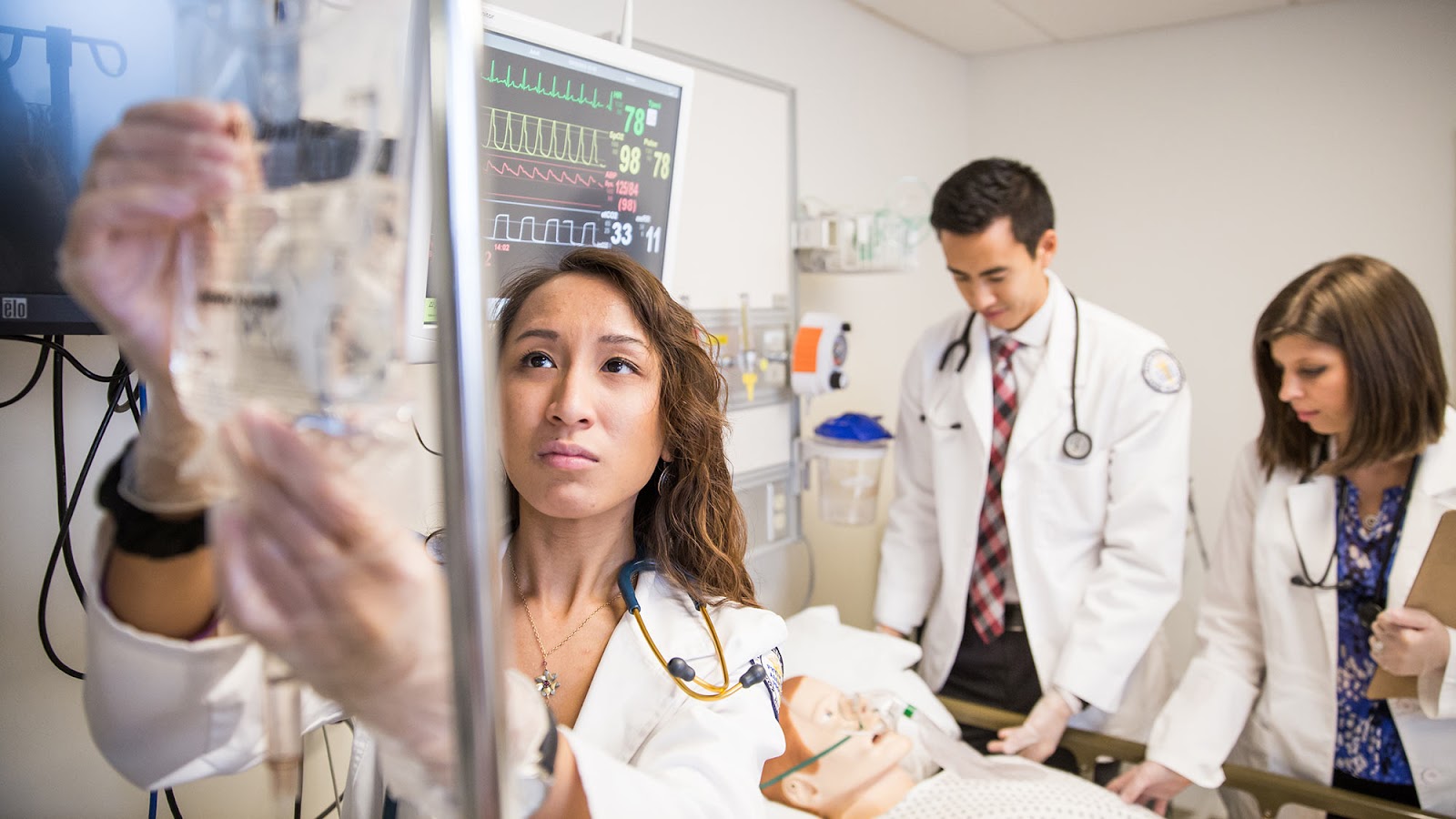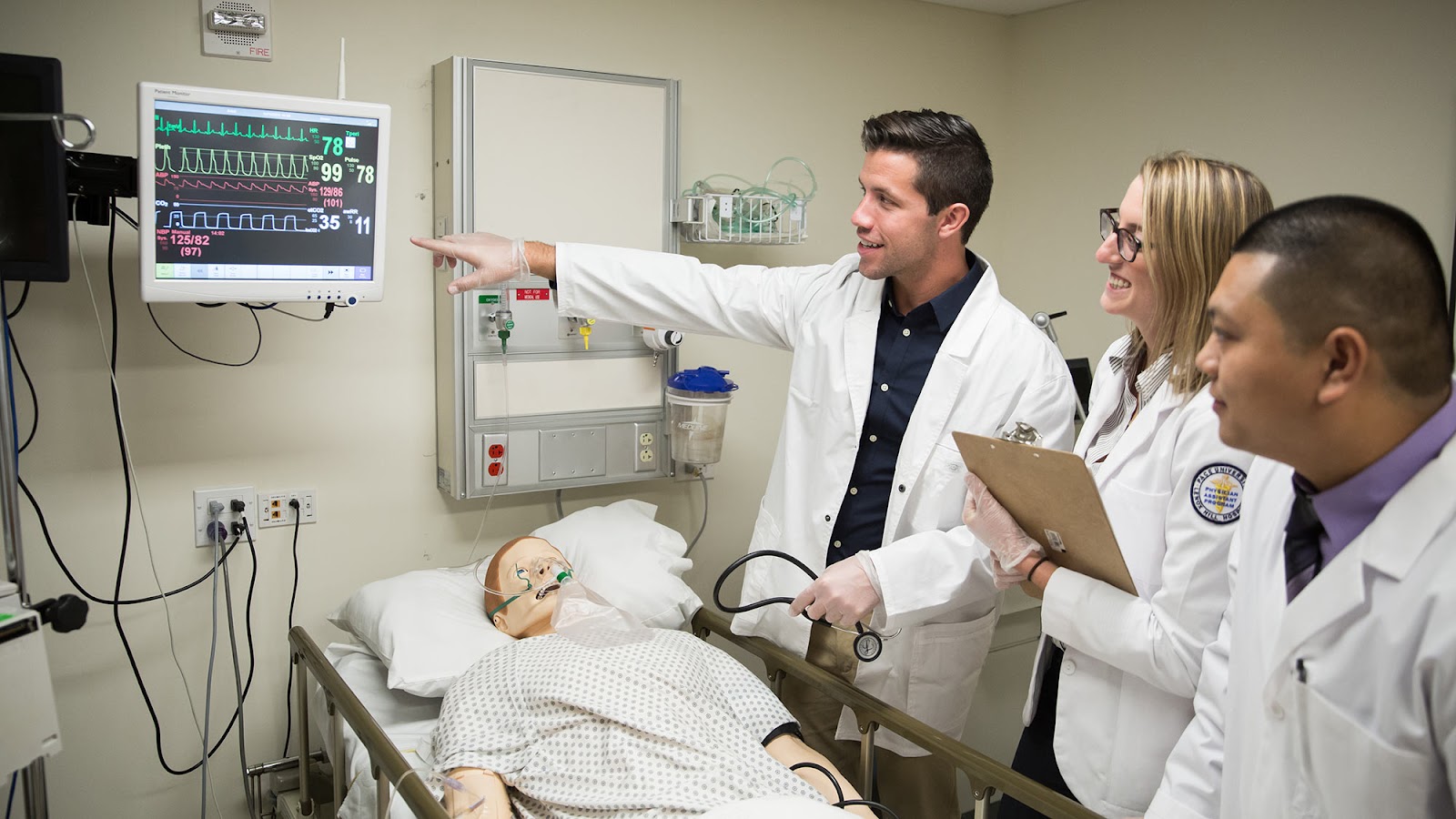Digitalization has reached nearly every area of life, and healthcare is no exception. In recent years, medicine has changed beyond recognition: digital technologies have not only simplified routine processes but also opened access to medical services for millions of people, especially in remote regions. Intelligent diagnostic systems, telemedicine, and process automation — all of this is no longer futurism but a reality for clinics in the Czech Republic.
Digitalization has affected many industries — from medical diagnostics and car repair services to the online entertainment sector. Today, digital formats of leisure are particularly popular, including games, streaming platforms, and online casinos. It’s no surprise that almost every month a nove online casino appears, fully optimized for user convenience and instant access without the need to download or install anything.
Artificial Intelligence in Diagnostics and Treatment
AI in medicine functions as a powerful tool for analyzing large volumes of data. Machine learning algorithms can detect patterns that a human might miss. This is especially important in diagnostics, where even the smallest mistake can cost a patient their life.
For example, AI systems are already being used in the Czech Republic to help detect oncological diseases at early stages. The processing of MRI, X-ray, or lab results with the assistance of AI speeds up procedures and increases accuracy. Moreover, intelligent algorithms are actively used to predict complications in patients with chronic illnesses — such as diabetes, heart failure, and others.
In addition, AI assists doctors in selecting the optimal treatment plan. Based on the patient’s medical records, genetic characteristics, and history, the system can suggest an individualized approach. This is especially important when every minute counts.
Telemedicine: Access to Doctors Without Queues
One of the most visible forms of medical digitalization has become telemedicine. It allows patients to consult with doctors remotely — via video calls or messaging apps. After the COVID-19 pandemic, this practice became widespread and has now become an integral part of modern medicine.
Czech clinics are increasingly implementing telemedicine platforms, allowing patients to receive qualified help without the need to visit a medical facility in person. This is especially convenient for rural residents, the elderly, or those who simply don’t want to waste time on travel and waiting in line.
Telemedicine is effective not only for therapeutic consultations. Remote post-operative monitoring, medication control, and real-time tracking of vital signs are becoming more common. The use of wearable devices — from smartwatches to specialized medical sensors — allows doctors to receive patient data in real time.
Electronic Medical Records and Data Security
The transition from paper files to electronic medical records has become a necessary step in improving the efficiency of clinics. In the Czech Republic, digital patient registries are actively developing, allowing quick access to medical histories, test results, and specialists’ recommendations.
However, digitalization also raises justified concerns about data confidentiality. Medical information is one of the most sensitive categories of personal data, and a breach can have serious consequences. That’s why modern platforms are equipped with multi-level security systems: encryption, two-factor authentication, restricted access. Some clinics partner with IT companies specializing in cybersecurity to minimize risks.
Automation of Processes Within Clinics
Digital technologies go beyond just patient interaction. Administrative processes within clinics are also being automated: appointment scheduling, billing, doctor scheduling, prescription processing. This reduces the workload on staff and minimizes the chance of errors.
Moreover, major clinics in the Czech Republic are already implementing AI systems to manage patient flow. Statistical analysis helps optimize appointment schedules, reduce wait times, and improve the overall efficiency of the facility.
How Digitalization Is Changing the Doctor’s Role
The modern physician is becoming not only a medical specialist but also a user of digital tools. This requires new skills — from understanding how AI works to confidently using telemedicine platforms. Educational institutions in the Czech Republic are already adapting their curricula to prepare medical graduates for this digital reality.
Despite technological progress, the human role in medicine remains central. No algorithm can replace empathy, intuition, or a doctor’s clinical experience. Digitalization is not a replacement — it is an enhancement of human potential.
The Digital Future Has Already Arrived
In the coming years, even closer integration of technology into healthcare can be expected. AI will not only analyze data but also assist in clinical decision-making. Telemedicine may become the norm even for specialized care — for example, in psychotherapy or neurology.
The digitalization of medicine is not just a trend but a necessary stage in the evolution of healthcare. It makes treatment more accessible, diagnostics more accurate, and interactions between patients and clinics more convenient. Just like in other areas of online life — from entertainment to finance — digital solutions are shaping new expectations. And healthcare is rapidly adapting to meet them.




